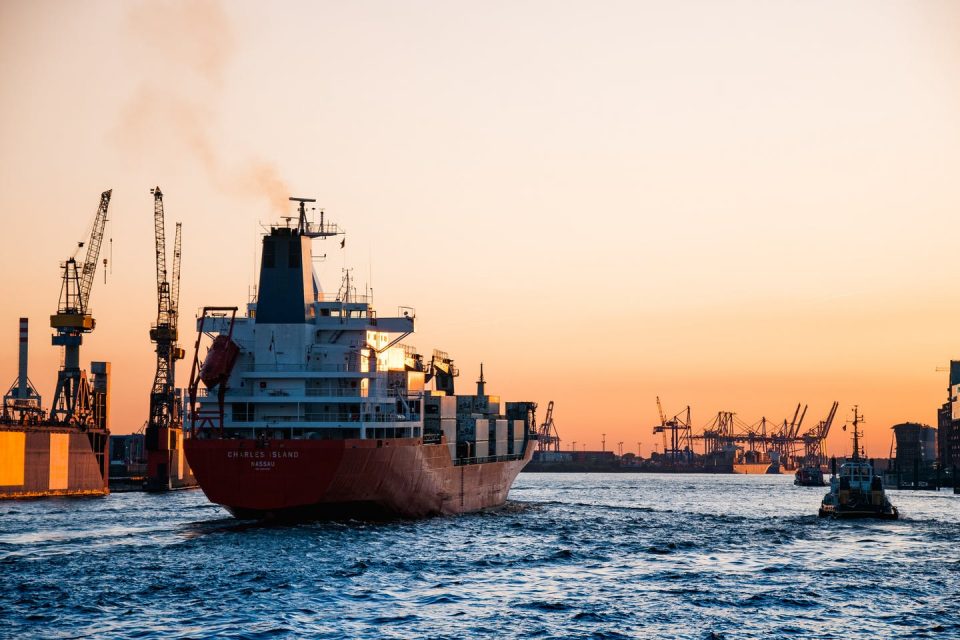The Ministry of Earth Sciences (MoES) has rolled out the draft blue economy policy in the public domain, inviting suggestions and inputs from various stakeholders, including industry, NGOs, academia, and citizens. The draft policy document outlines the vision and strategy that can be adopted by the government to utilize the plethora of oceanic resources available in the country.
The document has recognized seven thematic areas: national accounting framework for the blue economy and ocean governance; coastal marine spatial planning and tourism; marine fisheries, aquaculture, and fish processing; manufacturing, emerging industries, trade, technology, services, and skill development; logistics, infrastructure, and shipping, including trans-shipments; coastal and deep-sea mining and offshore energy and security, strategic dimensions and international engagement.
The policy document has been disseminated for pubic consultation on several outreach platforms, including websites and social media handles of the MoES and its institutes. Stakeholders have been invited to submit inputs and ideas by February 27, it said in a statement.
The policy document aims to enhance the contribution of the blue economy to India‘s GDP, improve the lives of coastal communities, preserve marine biodiversity, and maintain the national security of marine areas and resources, it added.
India’s blue economy is understood as a subset of the national economy comprising an entire ocean resources system and human-made economic infrastructure in marine, maritime, and onshore coastal zones within the country’s legal jurisdiction.





